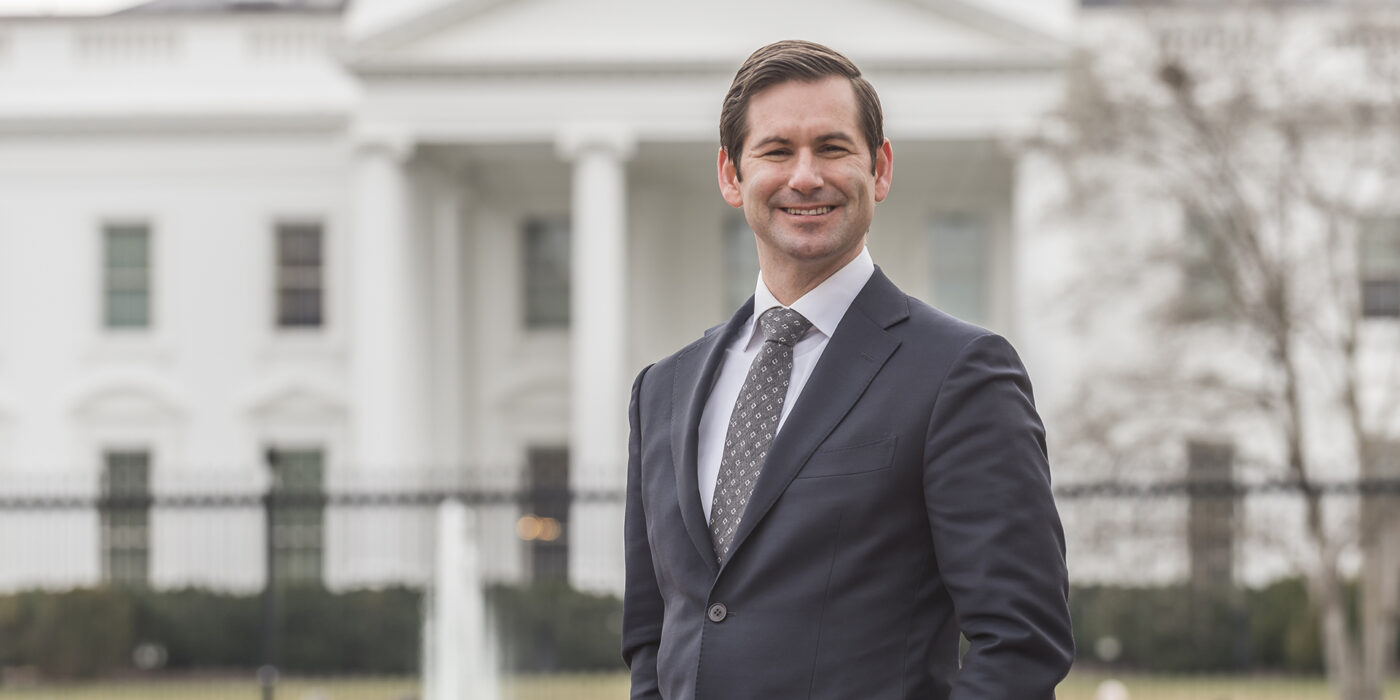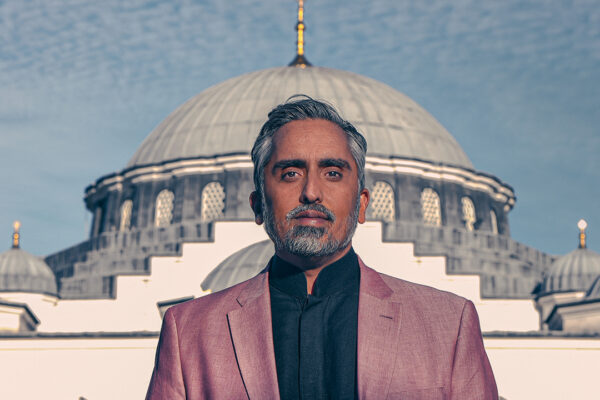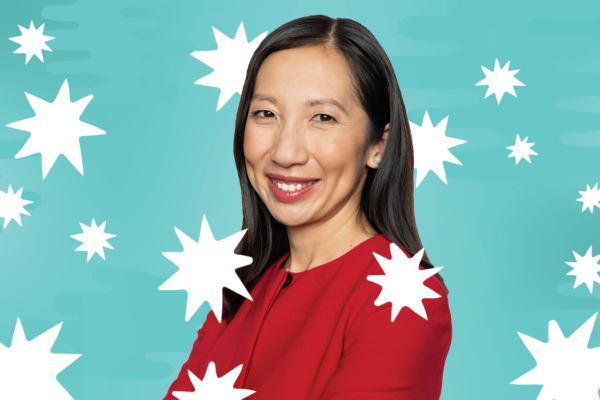Justin Vail, JD ’12, goes to work every day in the office building next to the White House as special assistant to President Joe Biden for democracy and civic participation. The St. Louis native’s impressive political résumé also includes serving in the Obama White House, being a longtime aide to former Sen. Claire McCaskill and clerking in U.S. district courts in Missouri and Illinois.
Here, he talks about his work at the highest level of the U.S. government at this precarious moment in time.
I do feel the weight of serving in this moment in our history. President Biden often says that we are at an inflection point, globally and here at home, in trying to create a multiracial, multi-religious democracy that responds to the will of the people. Democracy has always been a work in progress. But we have, at times, taken it for granted and thought that the system was infallible, that the wisdom of our founders alone would hold us together. We came into this administration knowing the stakes and feeling the urgency, understanding that we are caretakers of American democracy. It’s an honor to play a small role in that alongside so many public servants across the federal government and citizens working toward a shared goal.
I serve on the Domestic Policy Council under the leadership of Ambassador Susan Rice. The simplest way to describe it is that I assist the president on policies that restore, strengthen and expand American democracy — whether through legislative proposals, executive actions, stakeholder engagement or work with the community.
At the core of our democracy is the sacred right to vote in free, fair and secure elections. And, so, we are fighting to protect that right and to counter the efforts to undermine the will of the people that fueled the Jan. 6 nsurrection and that, unfortunately, continue to fuel voter suppression efforts at the state level. We’re working to ensure that it becomes easier, not harder, to vote; that we keep our elections secure; and that the American public trusts those elections.
Other issues in my portfolio are related to increasing civic participation. Americans are losing trust in their government, and they’re losing trust in one another. One part of the solution is increasing opportunities for Americans to engage in their communities, to work in common purpose with others from different backgrounds, including serving through AmeriCorps. We’re also working to restore the rule of law and respect for democratic institutions, including pushing for policies that guard against corruption and ensure that government works for the people.
I have good role models, starting with the president and his senior leadership team, who lead by example and model working hard, taking care of one another and finding time to recharge. Ambassador Rice has worked many years in public service, dealing with innumerable crises. To see her come in to work every day and put the American people first, and then be the last one to turn off the lights at night, that’s a good role model.
A sense of optimism
I grew up just blocks away from Washington University. WashU was crystallized in my kid-imagination of what education was — the beautiful buildings, groups of students walking across a quad. To be fortunate enough to come back decades later was a childhood dream in a way. I still like to call St. Louis, and Missouri, home. Much of my extended family is scattered throughout rural Missouri, and working as an aide to Sen. McCaskill allowed me travel all over the state.
I started my career in public service before WashU, which informed my interest in taking as many clinical classes as possible that were more hands-on, including Professor Karen Tokarz’s clinic, where I was able to assist people facing eviction or foreclosure. Others who stood out include Professor Kim Norwood. I learned a lot from her perspective on the intersection of law and racial justice. And from Professor Greg Magarian, who taught me constitutional law. They all shaped my world view.
You did get a sense of optimism coming off the midterm elections. History and polls indicated the election might go one way, and then we saw the American people reject the most extreme candidates who sought to undermine the will of the people. We’re not out of the woods by any means. There will always be those who put their own pursuit of power above our democracy.



